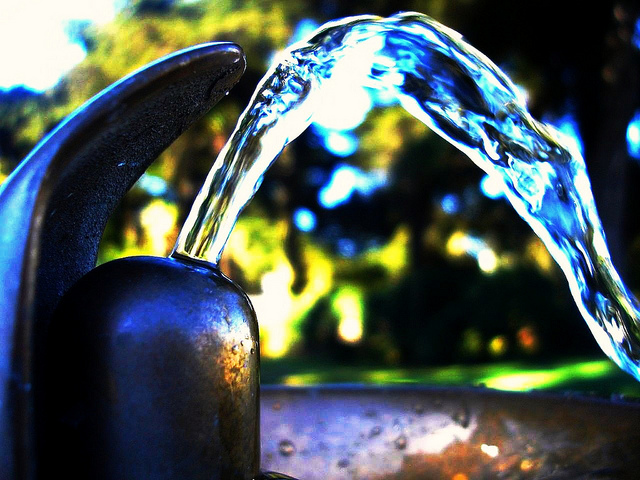Welcoming Your Au Pair
After you match with your new au pair and arrange her travel from orientation to your community, it’s very important to keep in touch with her prior to her arrival. Please keep in mind that you have opened your home to someone else’s daughter. There are many things you can do that will help her to feel welcome in your home. An email to check in every so often is reassuring and builds the bonds you started to form when you offered her a home for a year. Sending photos of the children or pictures they have drawn is also a welcome form of connection.
Once your au pair arrives at orientation, please call her to welcome her. It makes the au pair feel much more comfortable to hear from you while she is at orientation. The number at the hotel is 203-358-8400. The best time to call is between 7 and 7:30 AM. You can leave a message for her to call you collect if you can’t reach her directly. An alternative is to call her the night before she leaves home.
Some families send flowers or small packages with personalized stationery or homemade cookies. Ask your counselor for other suggestions if you want to send something, but keep in mind that your au pair will have to transport whatever it is to your house. Faxes can be received by the hotel and are also a nice way to say hello.
Before she travels to your home, prepare a welcome sign made by the children. You can display it at home or use it at the airport or train station. Make sure her room is clean and ready for her. Mark the au pair’s birthday on the family calendar.
When she arrives at your home, she will be tired, excited and probably anxious. Keep in mind the fatigue that being in a new culture causes, particularly if your au pair is not a native English speaker. The au pair needs time to recover from jet lag.
It’s important to give her a few days to unpack, rest and become acclimated to the host family’s home, family and neighborhood before expecting her to assume full child care responsibilities. She should be allowed to find ways to make her space her own; mounting a bulletin board on the wall is one easy way to do this.
According to Department of State regulations, au pairs are not allowed to assume sole responsibility for the children until after she has been in the home three days. Giving her the opportunity to bond with the children one at a time is helpful in building relationships. Those first few days can be used to complete the child care questionnaire for each of your children, to conduct a tour of the neighborhood, to go to the grocery store to determine her food preferences and for her to see the variety of foods available in the US, and to share information about the house and her chores. Many families also use this time to have the au pair drive for the first time.
The Community Counselor will call and/or visit within the first forty-eight hours after the au pair’s arrival.
Some other adjustment issues to keep in mind:
- The au pair may be confused by directions with so many new things to learn, especially as she works to adapt to a new language and surroundings.
- She may be homesick, possibly suffering from stomach indigestion as she tries to adapt to new foods, diet and a different time zone.
- Children may be both excited and apprehensive about the au pair’s arrival, and their behavior patterns may be different from how they generally behave. With patience they will weather the transition.
- Host parents may need to adapt to sharing living space with a young adult.
Putting time and effort into a positive welcome experience and being prepared for what typically happens in the first few days will give your match a strong foundation to build on.



 Dehydration means that the body lacks the necessary amount of fluid. Infants and small children are more likely to become dehydrated than older children or adults, because they can lose relatively more fluid quickly.
Dehydration means that the body lacks the necessary amount of fluid. Infants and small children are more likely to become dehydrated than older children or adults, because they can lose relatively more fluid quickly.